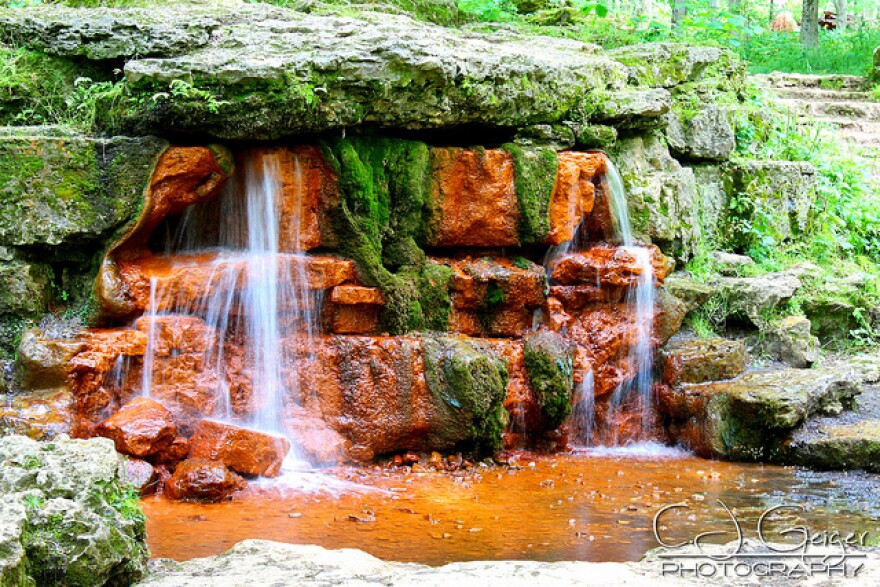Among the issues on the Nov. 5 ballot is a proposal to lower the voting age in Yellow Springs. Under Yellow Springs Issue 13, residents as young as 16 would be eligible to participate in local elections.
The all-or-nothing ballot issue amending the village charter would also extend the village mayor’s term from two years to four years beginning in 2021, doubling the term mayors can remain in office, and allow immigrants with green cards or other legal United States residency to vote on village issues.

If voters approve Issue 13, 16-year-olds and 17-year-olds could vote in council races, races for mayor and on any village-specific initiatives.
They would not be allowed to cast ballots on issues affecting the township, county, school district, state or federal issues.
The change would make Yellow Springs the first municipality in Ohio to allow so-called inclusionary voting, following in the footsteps of the first U.S. city in the country to lower the voting age, Takoma Park, Md., which made the change to its voting laws several years ago.
NPR reports a handful of other U.S. states already allow 17-year-olds to vote in primary elections. Read more at NPR News.
Village Council President Brian Housh says the goal is to increase participation in the political process.
“The 16-year-olds and 17-year-olds are as prepared to vote as 18-year-olds, and they're also excited about it. And if they start habits when they're young," he says, "hopefully they continue to stay engaged in government decision-making.”
Housh says many village young people are employed and contribute to the tax base already.
"They definitely have a stake in a lot of these local issues. I think most 16-year-olds, if not younger, do work at least a part-time job. So they pay income tax," he says, "and income tax is by far the largest revenue source to support village services."
If the issue passes on Election Day, more than 100 young people would be eligible to vote.
Officials stress that a 'yes' vote would enact all provisions of the multipart Issue 13.



